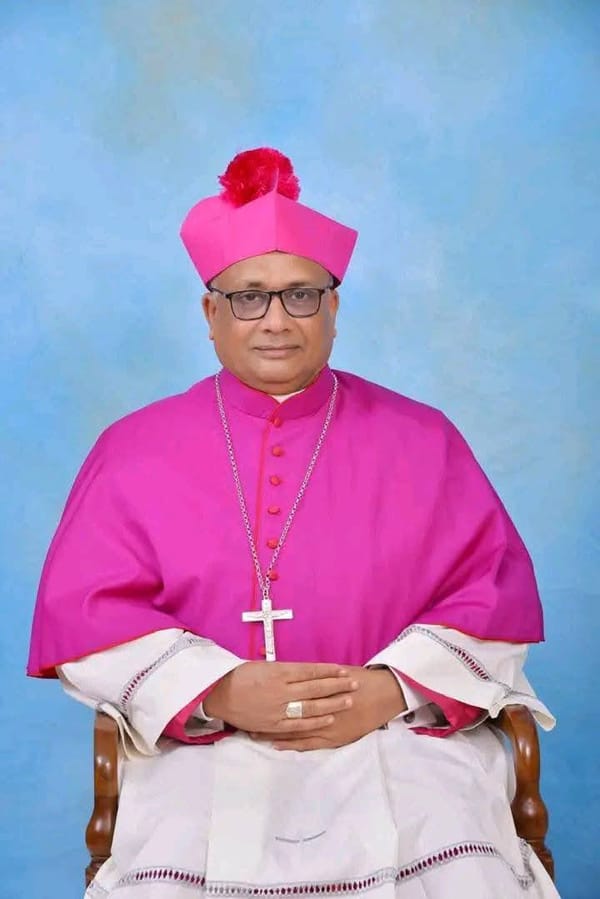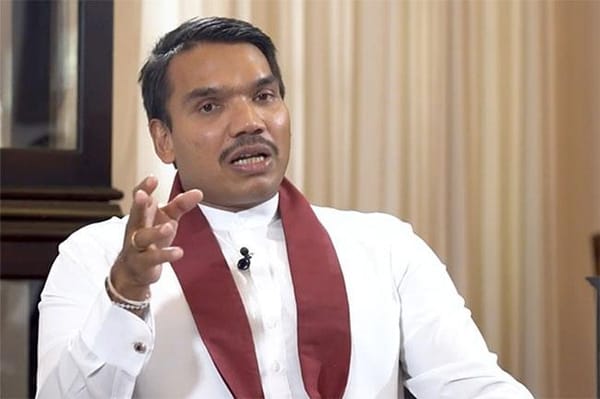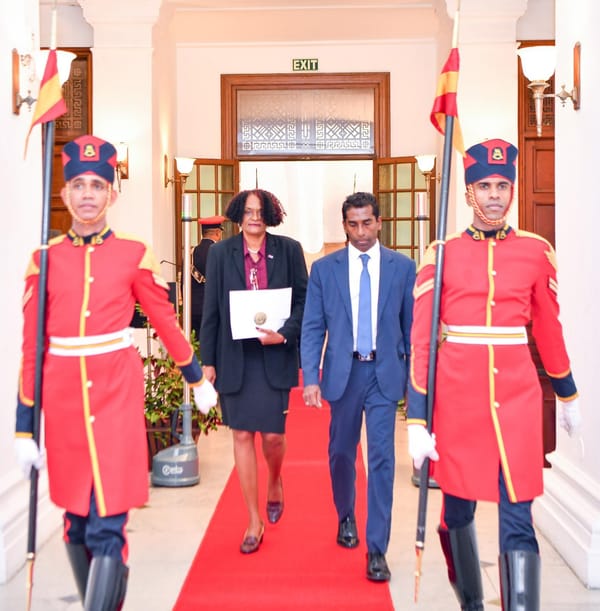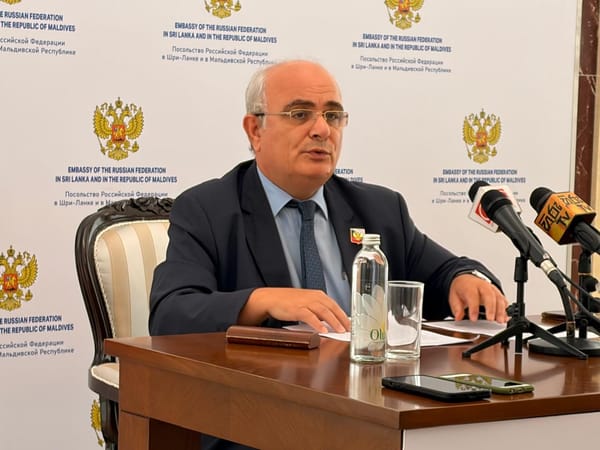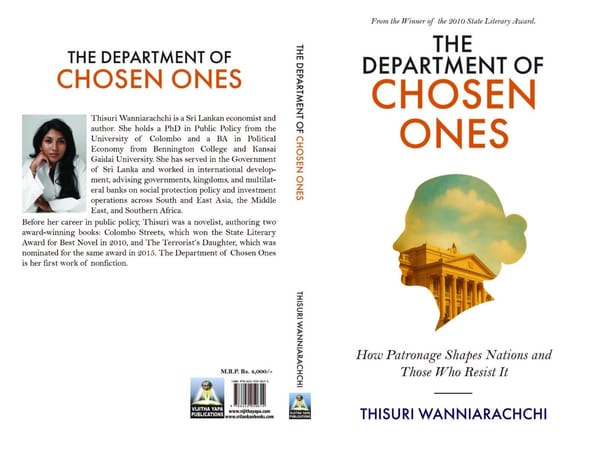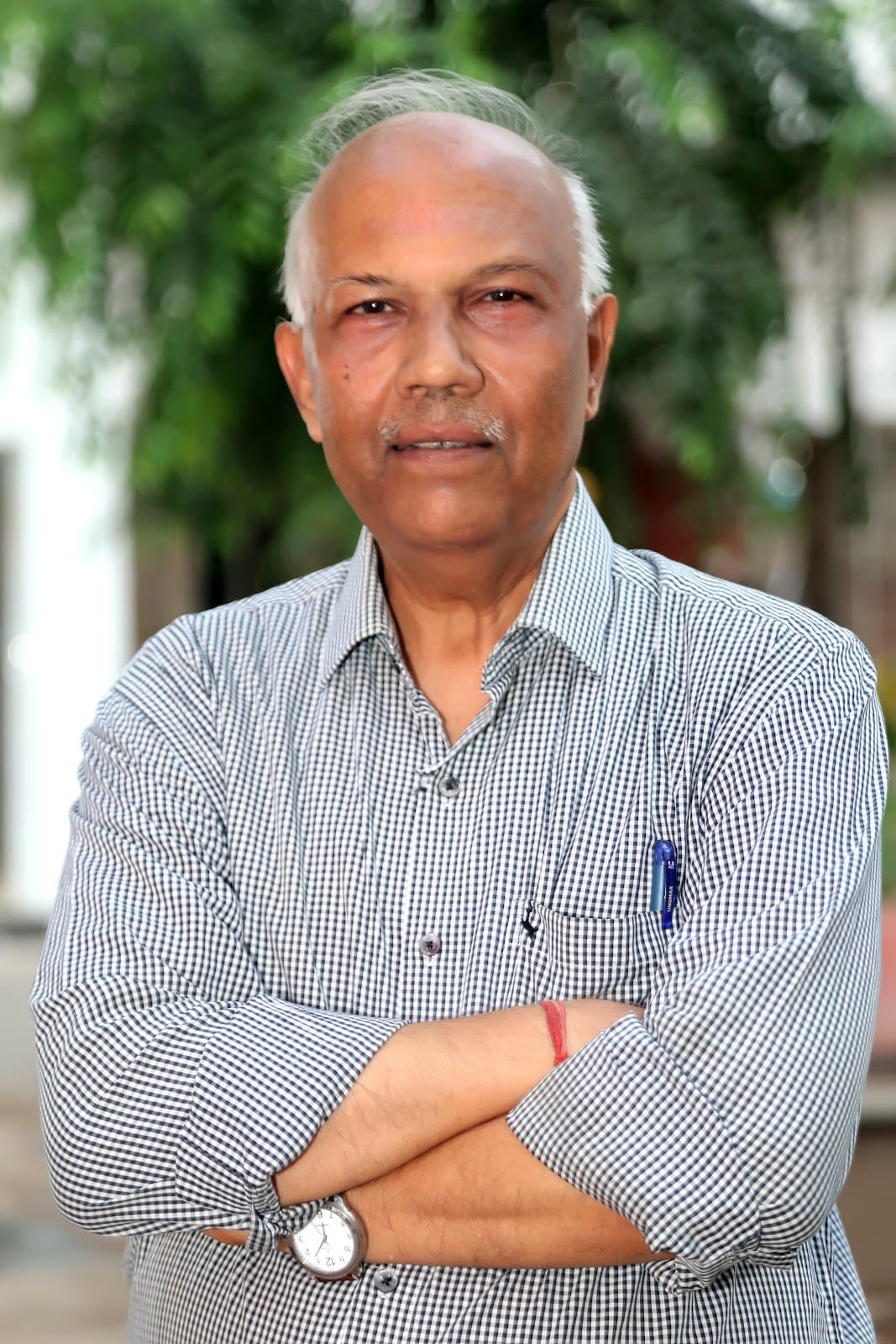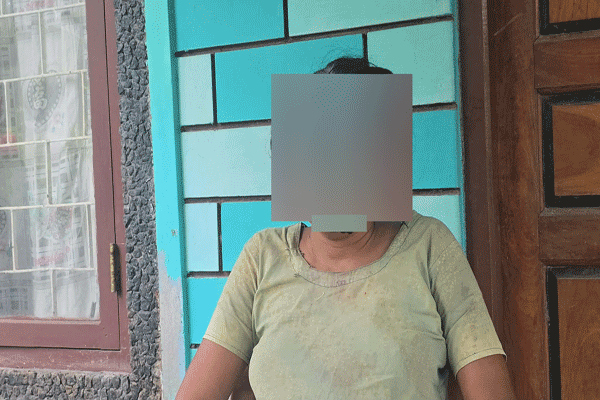The Bishop of Mannar, Antonypillai Gnanapragasam, has said that the government remains determined to proceed with the installation of all 14 wind turbines in the district, despite ongoing public opposition to the project. He also vehemently rejected claims that he had struck a deal with the government.
Speaking at a recent discussion with representatives of the interfaith group, civil organizations, and the people’s protest committee in Mannar, Bishop Gnanapragasam disclosed details of his meeting with President Anura Kumara Dissanayake.
No Agreement Signed
“I met the President and presented our concerns regarding the wind power project. During the discussion, it became clear that the government is very determined to go ahead with installing all 14 wind turbines in Mannar,” the Bishop said.
He emphasized that he did not sign any agreements during the meeting, stating that his role was solely to convey the concerns and opposition of the Mannar community.
“I only explained to the President the stance of the people and the reasons why they are opposing the wind power project in Mannar,” he clarified.
Presidential Assurances
According to Bishop Gnanapragasam, the President provided certain assurances regarding future development in the area.
“The President assured that once these 14 turbines are installed, no further wind power projects or mineral sand mining will be permitted in Mannar. He also guaranteed that mineral sand extraction will be completely prohibited in the area,” the Bishop said.
The President reportedly committed to formalizing these assurances through a Cabinet decision.
“The President said that in this small region, no further activities such as mineral sand excavation or the construction of additional wind turbines would be allowed, and that he would make this assurance official through the Cabinet of Ministers,” the Bishop added.
Community Consultation Planned
The Bishop stated that any further decisions would be made only after consulting with the people of Mannar.
“In any case, I told him that I would take further steps only after meeting with the people of Mannar. We did not sign any documents,” he said.
The wind power project in Mannar has faced sustained opposition from local communities, religious leaders, and civil society organizations. Environmentalists allege that the project threatens fragile coastal ecosystems and the livelihoods of local fishermen. At the same time, renewable energy advocates have accused the Church of backing the protests and misleading the public with false information.

